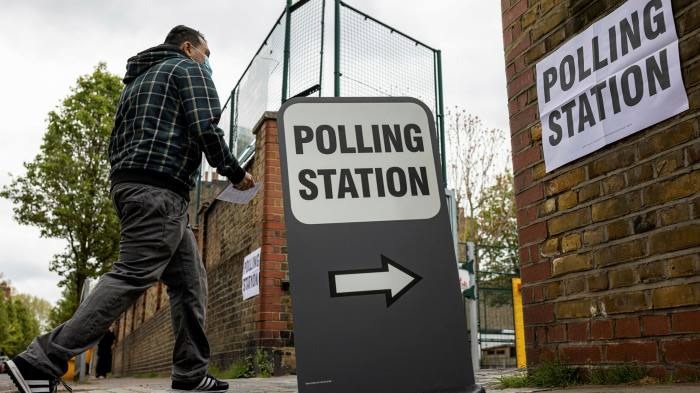Politics class: The Tories must reverse course on voter IDs

Roula Khalaf, Editor of the FT, selects her favourite stories in this weekly newsletter.
This article picked by a teacher with suggested questions is part of the Financial Times free schools access programme. Details/registration here.
Specification:
Edexcel Section 1: Democracy and participation
AQA Section 3.1.2.1: Democracy and participation
Background: what you need to know
This article, by Labour MP Cat Smith, criticises the Conservative government’s recently announced plan to make photo identification compulsory for voting. The author argues that this will damage political participation by discouraging political participation, particularly by members of ethnic minorities. The measure is supposed to counter the problem of voter fraud but the article argues that this is not sufficiently serious to merit such a change.
Click to read the articles below and then answer the questions:
The Tories must reverse course on voter IDs
The article is useful for the study of issues concerning political participation such as voter turnout. You should understand the arguments against compulsory voter identification presented in the article, together with the case made by the government for this new requirement. The article also notes the opposition of pressure groups which promote civil rights, such as Liberty, to the proposal.
Depending on the examination board you are following, now answer one of the following questions. Depending on which examination board you are following, answer one of the following questions.
Question in the style of AQA Politics Paper 1
Explain and analyse three ways in which political participation in the UK might be increased. [9 marks]
Question in the style of Edexcel Politics Paper 2
Evaluate the view that recent governments have not done enough to encourage political participation in the UK.
You must consider this view and the alternative to this view in a balanced way. [30 marks]
TIP: Various proposals have been made in recent decades to tackle the problem of low voter turnout and limited political engagement. These include reducing the voting age to 16 (as now happens for elections to the Scottish and Welsh Parliaments), making voting compulsory and broader ideas for reform, such as the use of e-democracy and changing to a proportional voting system for Westminster elections.
Graham Goodlad, St John’s College
Comments